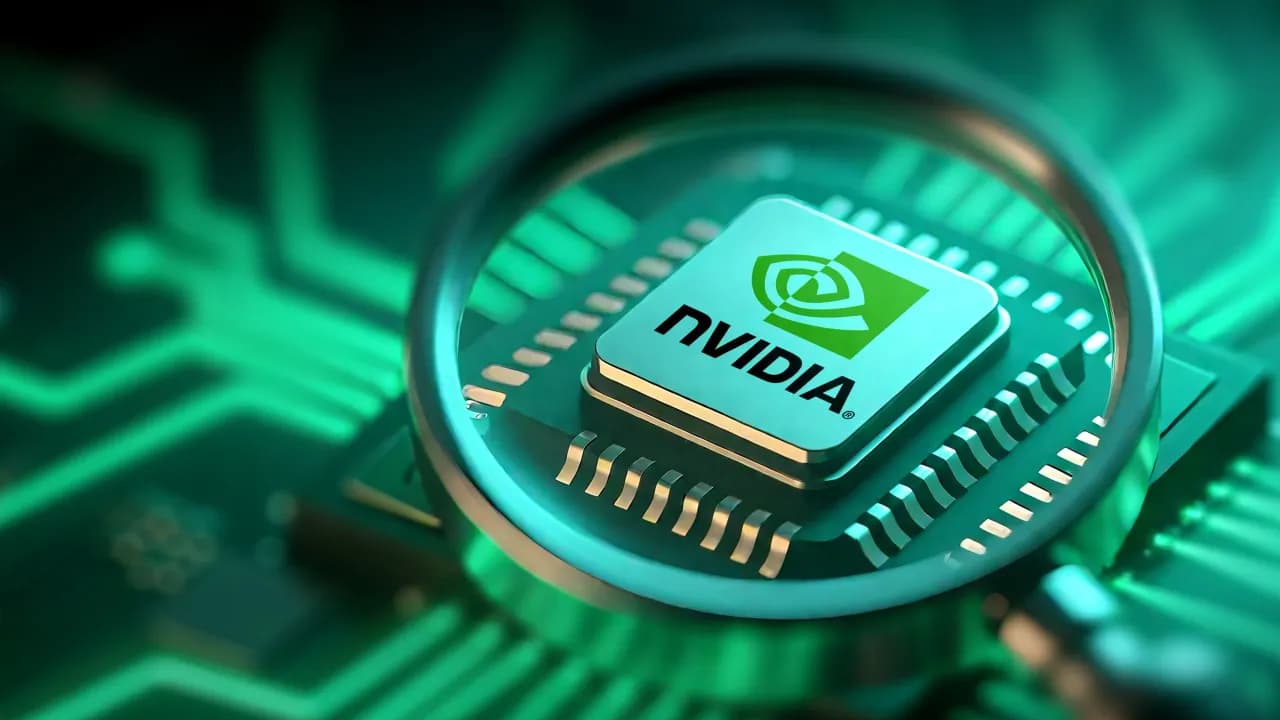White House AI Czar David Sacks and Nvidia’s Jensen Huang reportedly expected the UAE chip-supply agreement to help maintain the U.S.’s AI leadership, keeping China at bay.
The multi-billion-dollar deal announced by Nvidia Corp. (NVDA) to supply artificial intelligence (AI) chips to the United Arab Emirates (UAE) has reportedly been put on hold, frustrating Nvidia’s CEO, Jensen Huang, and some senior White House officials.
The rumored delay could mean an additional setback for Nvidia, which is already hindered by the White House’s China chip curbs. The company’s third-quarter guidance, issued in late August, did not include contributions from the H20 China-specific AI chips due to lingering uncertainty over the pace of sales resumption in the Asian country following a ban announced in April.
Notwithstanding the geopolitical pushbacks, Nvidia stock has gained over 40% this year. On Stocktwits, retail sentiment toward Nvidia stock stayed ‘neutral’ (47/100), with the message volume at ‘normal’ levels.

A Wall Street Journal report, citing people familiar with the matter, stated late Thursday that very little progress had been made even after nearly five months of the deal announcement. The agreement between the U.S. and UAE was struck in mid-May while President Donald Trump was on a state visit to the Middle East.
The agreement also provided for the UAE investing in the U.S. in exchange for securing the deal to source several thousand Nvidia chips a year. Apart from paying Nvidia for the AI chips, the UAE is required to invest in the U.S. on a 1:1 ratio, implying that for every $1 billion worth of chips purchased, it is necessary to send $1 billion to the U.S.
According to the report, the delay is also a setback for the Trump administration’s White House AI Czar, David Sacks, who viewed the deal as underpinning America’s new focus on tech exports. Sacks and Huang reportedly expected the chip-supply agreement to help maintain the U.S.’s AI leadership, keeping China at bay.
The fate of the deal now rests in the hands of U.S. Commerce Secretary Howard Lutnick, as the department’s approval is key to implementing the agreement. Lutnick has reportedly pressured the UAE to finalize investments in the U.S. before Nvidia can be granted permission to export chips. Another pushback is the UAE’s closeness to China, which, according to the Commerce Secretary, makes AI chip export to the Middle East nation a “national security” threat.
Huang and other top Nvidia executives have complained about Lutnick’s tactics to other administration officials, the Journal reported, adding that the White House’s response has been mixed.
For updates and corrections, email newsroom[at]stocktwits[dot]com.<
